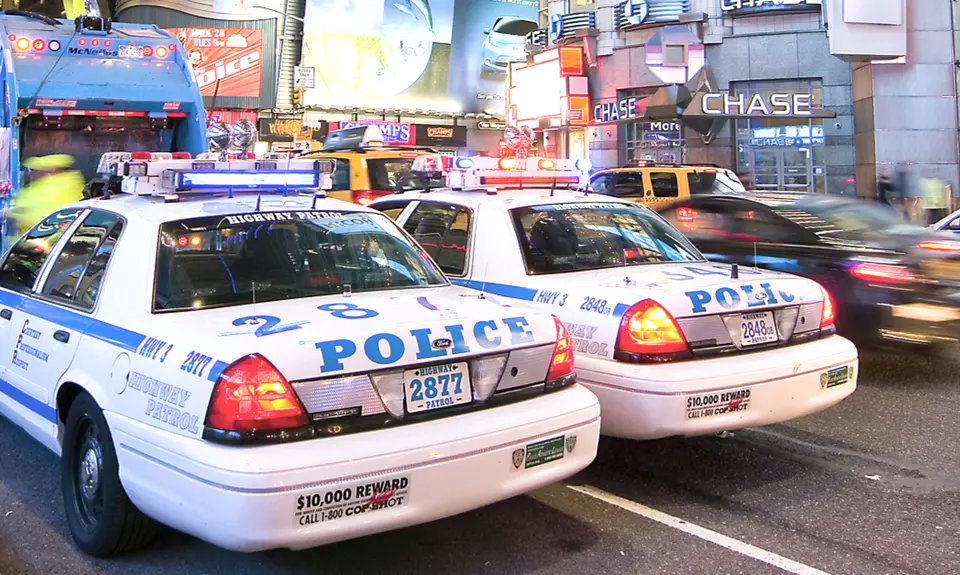Judges Lucy Koh and Roopali Desai, nominated by President Biden to the US Court of Appeals for the Ninth Circuit, wrote a 2-1 decision that reversed a lower court that upheld a police search and seizure of drugs and a handgun in a car, finding that the police had improperly extended a traffic stop in violation of the Fourth Amendment. Trump Judge Patrick Bumatay dissented and would have affirmed the district court. The ruling in US v Williams was issued in September 2023.
What happened in this case?
San Francisco police observed that the brake lights of Willie Williams’ car were not functioning, and so stopped the car for a traffic violation. After issuing a ticket and also checking the vehicle’s registration, the police extended the stop by several minutes by asking Williams, a black man, whether he would consent to a search of the car and whether he had any marijuana. Williams showed the police a small closed vial of marijuana but declined to consent to a search. After conferring, the police searched the car anyway, found a vial of broken pills and a handgun, and arrested Williams.
Williams’ attorney moved to exclude the evidence the police seized from the car, contending that the police had unlawfully prolonged the traffic stop. The district court denied the motion, upheld the search, and Williams was convicted. The case was appealed to the Ninth Circuit,
How did Judge Koh and Desai Rule and Why is it Important?
Judges Koh and Desai wrote a 2-1 opinion that reversed the lower court, found that the police had improperly extended the traffic stop, and sent the case back to the district court to determine whether the police had independent reasonable suspicion to search the car. They carefully reviewed Supreme Court and Ninth Circuit precedent which, they explained, establishes that “even de minimis delays” that extend a traffic stop for “unrelated investigation” into other possible crimes “cannot be tolerated by the Fourth Amendment” in the absence of such suspicion. Precisely such a delay occurred in this case for several minutes, they explained, as the police made “unrelated consent and marijuana inquiries” of Williams.
Judges Koh and Desai strongly disagreed with the dissenting views of Trump Judge Bumatay, who argued that “no time was added” to the traffic stop by police. Evidence including “body camera videos” made clear, they wrote, that the “stop would have ended sooner” if the police had not decided to “pursue” their “unrelated investigation” of Williams. Precedent establishes, they wrote, that a “seizure violates the Fourth Amendment” when police “extend a traffic stop with tasks unrelated to the traffic mission” and seize evidence without “independent reasonable suspicion.” Since the lower court never considered whether the police had such reasonable suspicion in this case, the majority concluded, the case should be sent back and the seizure suppressed unless police can demonstrate such suspicion on remand.
As important as it was to Williams’ rights, the decision by Judges Koh and Desai was extremely significant to the broader problem of what have been called “pretext stops” – police “pulling a driver over for a minor” traffic offense “in hopes of uncovering evidence of more serious crimes” Civil rights groups state that “pretext stops particularly harm racial minorities,” and California is considering state legislation to limit them under state law. The ruling by Judges Koh and Desai is important to signal, especially in the Ninth Circuit states of California, Alaska, Arizona, Hawaii, Idaho, Montana, Nevada, Oregon, and Washington, that such stops may well violate the Constitution. Particularly in light of the dissent by Trump judge Bumatay, the ruling also serves as another reminder of the importance of promptly confirming fair-minded Biden nominees like Judges Koh and Desai to our federal courts.
